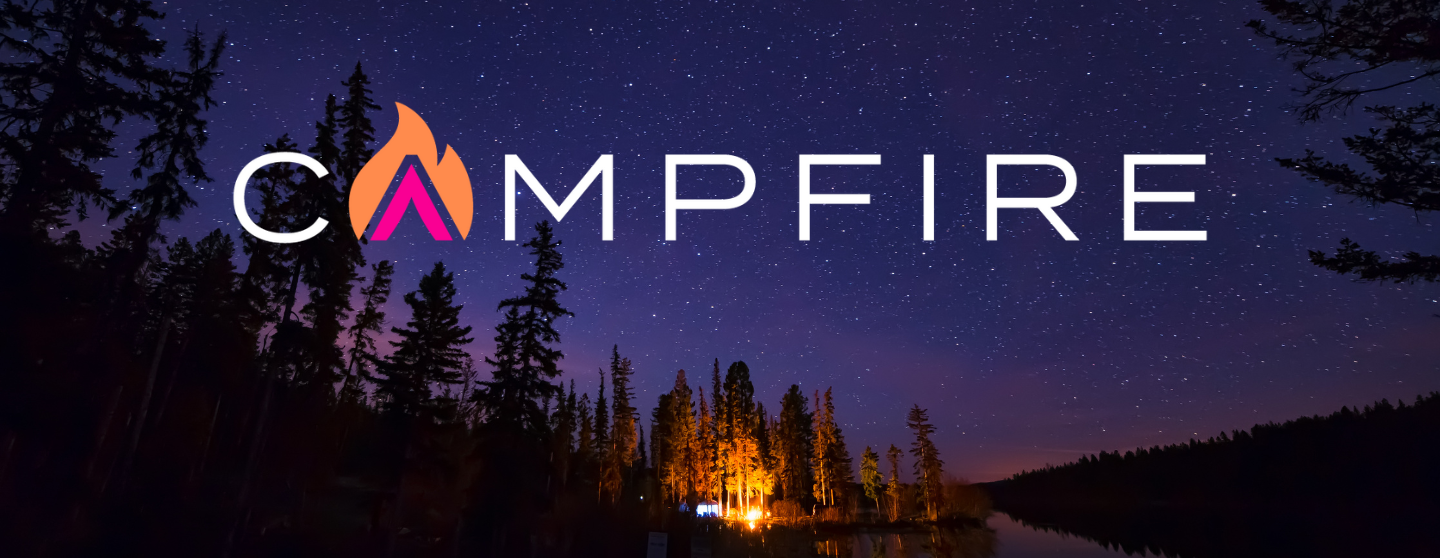

Campfire Consulting

Maine, United States
August 2022
Advertising & market research
Service with Minor Environmental Footprint
United States
Dirigo Collective is now doing business as Campfire Consulting. Campfire Consulting is a trailblazing marketing and impact consulting firm dedicated to igniting the bond between brands and their audiences. With a focus on authentic storytelling, strategic alignment, and purpose-driven action, we empower organizations to champion change and leave a lasting legacy. Campfire is also a proud 1% for the Planet Member. In addition, they produce the Responsibly Different podcast and blog that shares the stories of other B Corps and social enterprises looking to harness purchasing power for good. Guests on the show have included some of your favorite B Corps including Patagonia, Ben & Jerry's, MiiR, MPOWERD, and over 50 others. Check out their blog to read from a diverse group of writers sharing insights on both how consumers can better vote with their dollars and some practical support for businesses looking to serve the common good.
Overall B Impact Score
Governance 16.9
Governance evaluates a company's overall mission, engagement around its social/environmental impact, ethics, and transparency. This section also evaluates the ability of a company to protect their mission and formally consider stakeholders in decision making through their corporate structure (e.g. benefit corporation) or corporate governing documents.
What is this? A company with an Impact Business Model is intentionally designed to create a specific positive outcome for one of its stakeholders - such as workers, community, environment, or customers.
Workers 30.3
Workers evaluates a company’s contributions to its employees’ financial security, health & safety, wellness, career development, and engagement & satisfaction. In addition, this section recognizes business models designed to benefit workers, such as companies that are at least 40% owned by non-executive employees and those that have workforce development programs to support individuals with barriers to employment.
Community 26.3
Community evaluates a company’s engagement with and impact on the communities in which it operates, hires from, and sources from. Topics include diversity, equity & inclusion, economic impact, civic engagement, charitable giving, and supply chain management. In addition, this section recognizes business models that are designed to address specific community-oriented problems, such as poverty alleviation through fair trade sourcing or distribution via microenterprises, producer cooperative models, locally focused economic development, and formal charitable giving commitments.
Environment 11.7
Environment evaluates a company’s overall environmental management practices as well as its impact on the air, climate, water, land, and biodiversity. This includes the direct impact of a company’s operations and, when applicable its supply chain and distribution channels. This section also recognizes companies with environmentally innovative production processes and those that sell products or services that have a positive environmental impact. Some examples might include products and services that create renewable energy, reduce consumption or waste, conserve land or wildlife, provide less toxic alternatives to the market, or educate people about environmental problems.
Customers 4.2
Customers evaluates a company’s stewardship of its customers through the quality of its products and services, ethical marketing, data privacy and security, and feedback channels. In addition, this section recognizes products or services that are designed to address a particular social problem for or through its customers, such as health or educational products, arts & media products, serving underserved customers/clients, and services that improve the social impact of other businesses or organizations.